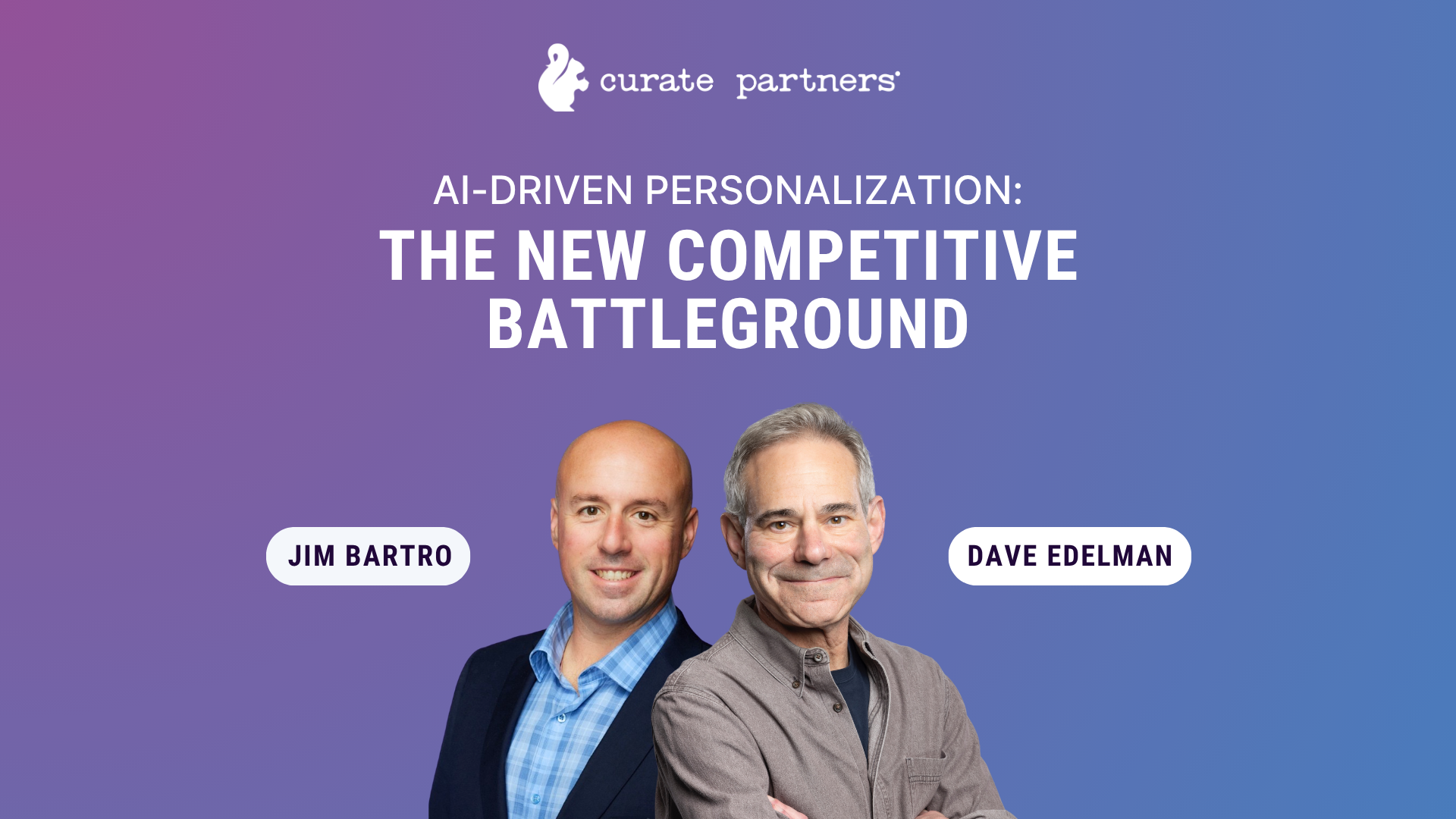Unlocking the Power of Data:
How Tableau Transforms Data Analytics for Businesses
In today’s fast-paced business environment, data has become one of the most valuable assets for organizations across all industries. Whether it’s to enhance decision-making, predict trends, or track performance, businesses are increasingly reliant on data-driven insights. Yet, the ability to interpret and act on large volumes of data is often challenging. That’s where tools like Tableau come in—empowering both technical and non-technical users to transform raw data into actionable insights.
This blog post delves into Tableau, a powerful and widely-used data visualization and business intelligence (BI) software. Not only will we explore the key features of Tableau and its applications, but we’ll also discuss how Curate Consulting Services can help organizations find specialized Tableau talent for their staffing needs, ensuring that businesses maximize the potential of their data.
What is Tableau?
Tableau is a comprehensive data visualization and BI tool designed to help individuals and organizations see and understand their data. Known for its intuitive, drag-and-drop interface, Tableau allows users to create interactive and visually appealing dashboards, reports, and charts with ease. Whether you’re a business leader tracking performance metrics or a data scientist conducting in-depth analysis, Tableau has the versatility to cater to different data needs.
Key Features of Tableau:
Data Visualization: Tableau excels in transforming raw data into meaningful, easy-to-understand visuals. These can take the form of graphs, charts, maps, or interactive dashboards, providing users with clear insights from complex data sets.
Ease of Use: With Tableau, even users with minimal technical skills can create detailed visualizations. The drag-and-drop interface simplifies the process, allowing users to build data stories without needing to write code.
Wide Data Connection: Tableau’s ability to connect to various data sources—from Excel spreadsheets to databases like MySQL, cloud platforms like AWS, and even APIs—makes it a valuable asset for businesses dealing with diverse data sources.
Real-Time Data Access: In a fast-moving business world, having access to real-time data is crucial. Tableau’s ability to connect to live data sources enables businesses to make timely decisions based on the latest information.
Data Blending: A unique feature that allows users to combine data from multiple sources into a single visualization, enabling cross-functional insights and a holistic view of business operations.
Advanced Analytics and Forecasting: Tableau offers built-in analytics tools, enabling users to run statistical models, perform trend analysis, and forecast future outcomes—all within a few clicks.
Collaboration and Sharing: Data becomes even more powerful when shared across teams. Tableau allows users to publish dashboards and reports to Tableau Server or Tableau Online, enabling collaboration among colleagues or clients.
Mobile Access: Tableau isn’t limited to desktops. Its compatibility with mobile devices allows users to access dashboards and visualizations on the go, ensuring that business insights are always within reach.
The Importance of Data-Driven Decision-Making in Business
In the age of digital transformation, businesses that can effectively leverage data have a significant competitive advantage. Tableau empowers decision-makers to identify trends, spot inefficiencies, and seize opportunities by presenting data in an intuitive, visual format.
For instance, consider an e-commerce company using Tableau to analyze customer behavior. Through data visualization, they can identify which products are most popular, which marketing strategies are driving conversions, and where there are opportunities to improve customer retention. Without Tableau, sifting through large datasets to extract these insights would be a complex, time-consuming process.
Additionally, with its real-time data capabilities, Tableau allows businesses to make informed decisions in rapidly changing environments. For example, logistics companies can use Tableau dashboards to track shipping statuses in real-time, while financial institutions might use it to monitor real-time stock market data for decision-making.
Tableau Use Cases Across Business Industries
Tableau is used across a wide range of industries, each benefiting from the tool’s ability to create customized visualizations and dashboards:
Healthcare: Tableau helps healthcare organizations monitor patient outcomes, track resource utilization, and improve operational efficiency through data.
Finance: Financial institutions use Tableau to track performance metrics, forecast market trends, and manage risks through real-time data monitoring.
Retail and E-Commerce: Businesses in the retail sector leverage Tableau to analyze customer data, optimize pricing strategies, and enhance marketing efforts.
Education: Tableau allows educational institutions to visualize student performance data, analyze enrollment trends, and assess curriculum effectiveness.
Manufacturing: By using Tableau, manufacturers can optimize supply chains, reduce waste, and improve product quality by analyzing production data.
Curate Consulting Services: Finding the Right Tableau Talent
As powerful as Tableau is, it takes skilled professionals to fully unlock its potential. That’s where Curate Consulting Services comes in. We understand that hiring the right talent is critical for businesses looking to harness the power of Tableau. Whether you’re looking for data analysts, business intelligence experts, or Tableau developers, our team specializes in finding the top talent that meets your organization’s unique needs.
At Curate Consulting, we don’t just fill positions—we ensure that our clients are equipped with the specialized skills necessary to transform their data strategy. We work with organizations across industries to deliver top-tier Tableau talent for both short-term projects and long-term engagements.
Here’s how we can support your business:
Customized Staffing Solutions: We take a personalized approach to staffing, ensuring that we find the right Tableau professionals who understand your industry and its specific data challenges.
Flexible Engagement Models: Whether you need full-time Tableau experts or contractors for a specific project, we offer flexible staffing solutions tailored to your business requirements.
Continuous Support and Training: At Curate Consulting, we don’t just provide staffing solutions; we also offer continuous support and training to ensure that your team stays ahead of the latest Tableau updates and trends.
The Future of Tableau and Data Analytics
As businesses continue to place increasing importance on data-driven decision-making, tools like Tableau will only grow in relevance. With advancements in machine learning, AI, and predictive analytics, the future of Tableau lies in its ability to not just visualize data but also provide deeper insights and forecasting capabilities.
Imagine a future where Tableau seamlessly integrates AI-driven insights into your dashboards, offering predictive recommendations on the next best action for your business. Organizations that invest in Tableau today are setting the foundation for smarter, more data-centric operations tomorrow.
Conclusion: Transform Your Business with Tableau
In today’s competitive landscape, data is the key to making informed decisions that drive business success. Tableau offers a user-friendly, robust platform for organizations to visualize and analyze their data, unlocking powerful insights that can guide strategy and operations.




